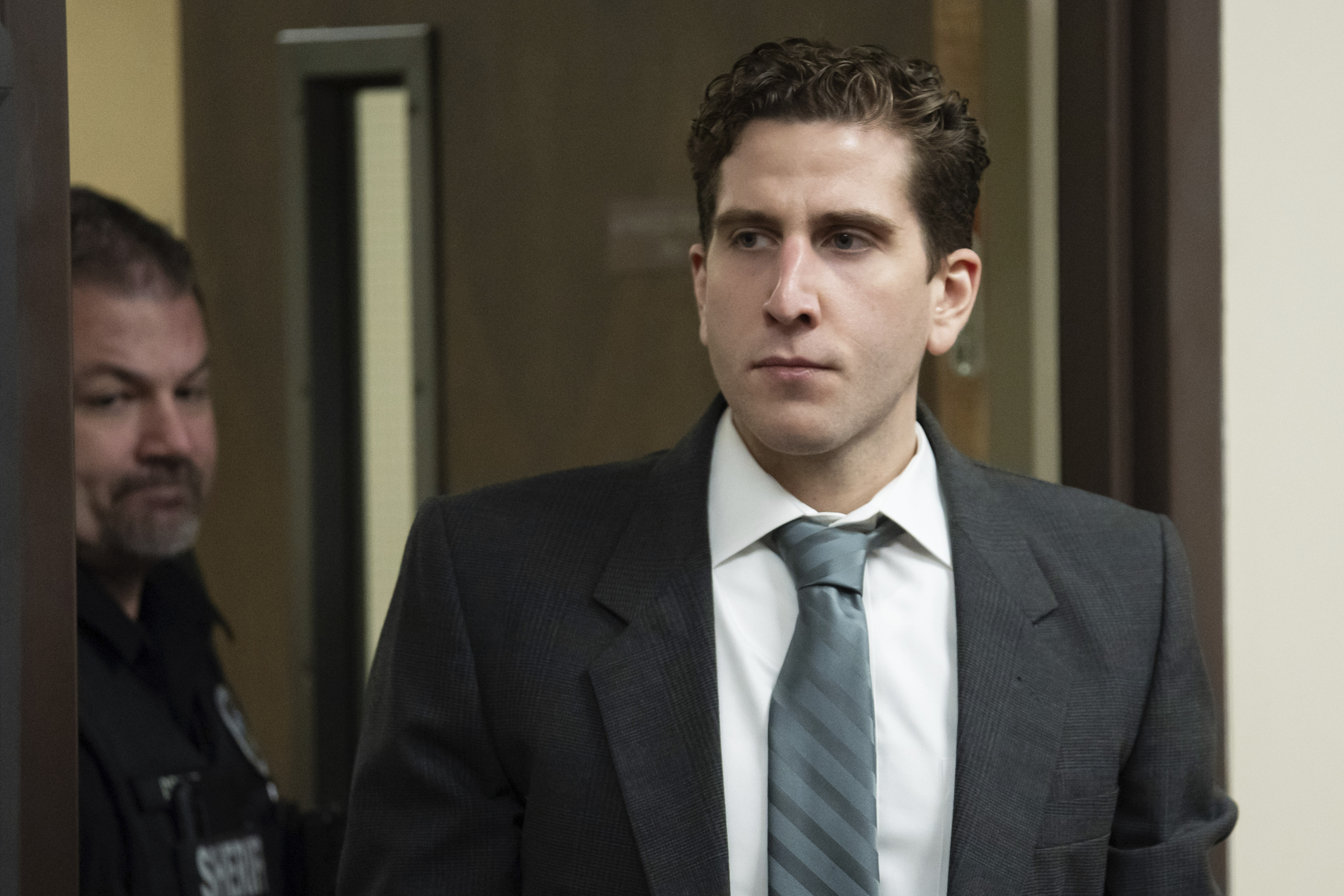Public employees should not be “denigrated or vilified” as California and other states struggle to balance their budgets. So said President Obama in a speech this week to the National Governors Association.
The president's words resonate here in California where the state’s public sector workers feel they are being unfairly scapegoated for the state government’s staggering $26.6 billion budget deficit.
The president is right. Californians ought not blame the 1.6 million or so public employees for the state’s budget woes.
The blame properly resides with the powerful unions that represent both public employees and private sector employees performing government contract work.
It’s the unions – the bosses, not the rank-and-file members – that bear much responsibility for California’s fiscal crisis.
Indeed, way back in 1988, the California Teachers Association (CTA) waged a successful campaign for Proposition 98, which mandated that 40 percent of the state budget be devoted to K-to-12 public education.
U.S. & World
Then there are the unions representing the state’s public safety workers, including police firefighters and prison guards. They have parlayed their political influence into salary, benefits and pension plans that far surpass what most non-public employees in the state enjoy.
For instance, back in 2002, the California Correctional Peace Officers Association (CCPOA) negotiated a sweetheart deal with the state that gave prison guards a 34 percent pay hike over five years. The deal cost the state an extra $2 billion over the life of the contract. And, in 2011, California’s prison guards remain the nation’s highest paid.
The state’s other public safety workers have made out pretty good as well. Indeed, while police and firefighters in most states can typically retire at age 50 with a pension of roughly half their final salary,California’s finest and bravest can receive up to 90 percent of their final salary upon retirement.
That goes a long way to explaining why the state's unfunded pension liability is more than half a a trillion dollars, according to a Stanford analysis last year.
And let us not forget the Service Employees International Union (SEIU), which represents non-instructional workers in the state’s public schools, doctors at state-run hospitals, non-public safety workers in the state’s prisons, and various other service workers.
Perhaps its biggest coup was winning the right to represent privately-employed home health workers being paid by California’s county-run Medicaid program. After it successfully organized those workers in Los Angeles County, bargaining for higher wages and benefits, home health care costs became the fastest growing line item in the county’s budget.
California elected leaders have been far too amenable to the demands of the state’s powerful public employee unions. The years of political capitulation have now come home to roost in the form of a $26.6 billion state budget deficit.



